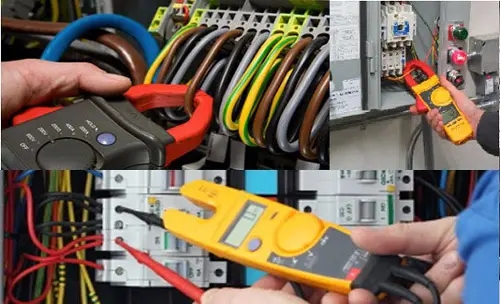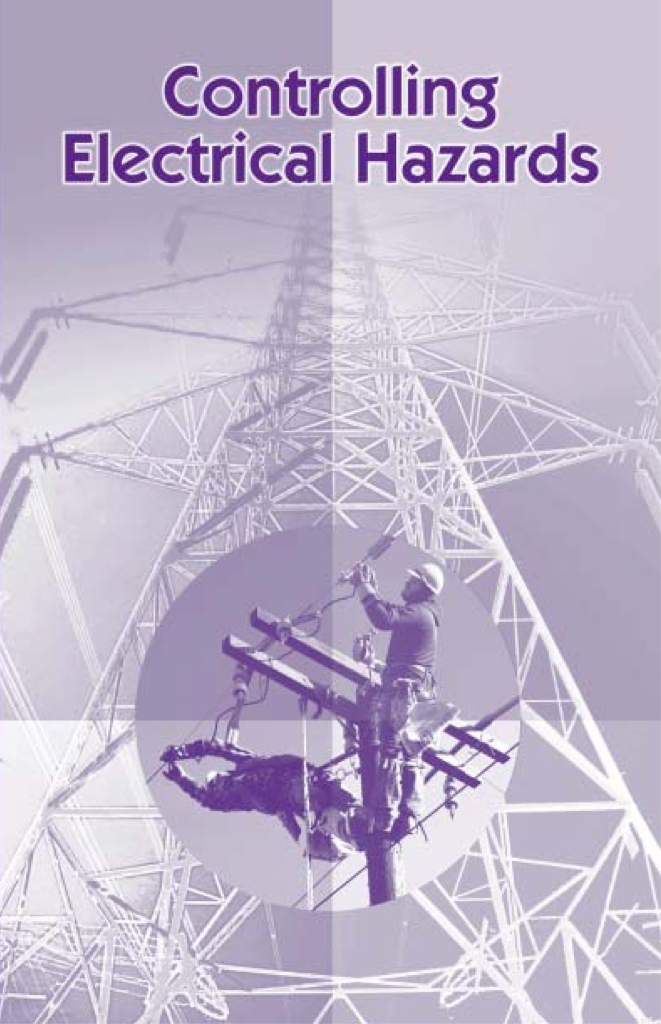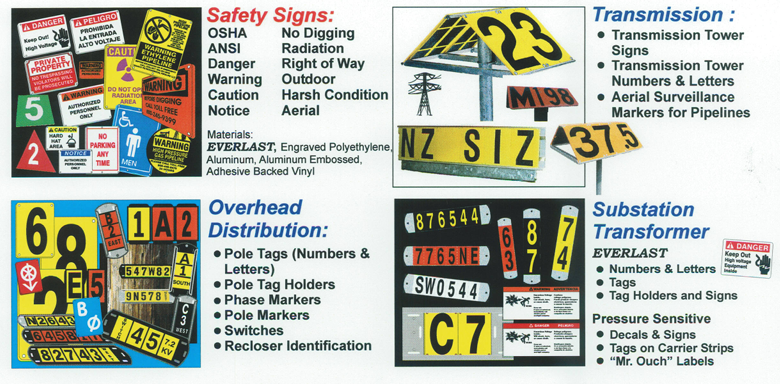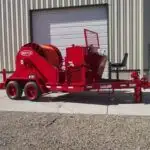Preventive Maintenance Training: Improving Reliability
By R.W. Hurst, Editor

CSA Z463 Electrical Maintenance
Our customized live online or in‑person group training can be delivered to your staff at your location.

- Live Online
- 6 hours Instructor-led
- Group Training Available
Download Our OSHA 3075 Fact Sheet – Understanding Electrical Hazards in the Workplace

- Learn the effects of electric current on the human body
- Understand OSHA safety standards and protective devices
- Discover essential lockout/tagout and grounding practices
Preventive maintenance training equips electrical engineers with CMMS workflows, NFPA 70B procedures, condition monitoring, infrared thermography, power quality analysis, and arc-flash mitigation to improve reliability, reduce downtime, and extend asset life for switchgear and transformers.
What Is Preventive Maintenance Training?
Structured instruction on electrical PM methods, standards, and tools to ensure safe, reliable assets and minimal downtime.
✅ NFPA 70B, IEC 60364, IEEE 3007 compliance best practices
✅ CMMS-driven schedules, SOPs, and optimized work orders
✅ Testing: IR thermography, insulation resistance, power quality
Preventive maintenance training is essential for ensuring the longevity and efficiency of equipment in various industries. This specialized training equips technicians with the knowledge and skills needed to implement effective maintenance strategies, preventing equipment failures and enhancing operational efficiency. In this article, we will explore the importance, topics covered, qualifications, career benefits, and key steps associated with PM training. For foundational definitions and benefits, consult an overview of preventive maintenance to align terminology and scope.
Why is it Important?
PM training focuses on teaching technicians how to perform regular, scheduled maintenance on equipment to prevent unexpected failures and costly repairs. This type of training is crucial because it helps organizations maintain high levels of productivity, reduces downtime, and extends the lifespan of machinery. By implementing a preventive maintenance program, companies can identify and address potential issues before they escalate into major problems. In industrial environments, these practices mirror the rigor of industrial electrical maintenance where uptime and safety are paramount.
Visit our High Voltage Electrical Maintenance Course Page
Visit our NFPA 70B Electrical Maintenance Course Page
Standards such as NFPA 70B 2023 provide structured guidance that informs curriculum design and maintenance policies.
What Topics are Typically Covered in a Training Program?
A comprehensive PM training program covers a wide range of topics, including:
Electricity Today T&D Magazine Subscribe for FREE

- Timely insights from industry experts
- Practical solutions T&D engineers
- Free access to every issue
- Maintenance Strategies: Various approaches to maintenance, including preventive and predictive maintenance.
- Equipment Inspection: Techniques for inspecting equipment to detect signs of wear and potential failure.
- Troubleshooting Techniques: Methods for diagnosing and resolving equipment issues.
- Maintenance Scheduling: Developing and adhering to maintenance schedules to ensure regular upkeep.
- Safety Procedures: Ensuring all maintenance activities are performed safely to protect technicians and equipment.
- Use of Maintenance Tools: Proper use of tools and equipment required for maintenance tasks.
Foundational skills with electrical testing help technicians validate asset condition during inspections and after service.
How Does PM Training Improve Equipment Reliability and Efficiency?
PM training improves equipment reliability and efficiency by equipping technicians with the skills to perform regular maintenance tasks effectively. Well-trained technicians can identify early signs of wear and tear, allowing for timely interventions that prevent equipment failures. This proactive approach reduces downtime, enhances the efficiency of operations, and increases the overall reliability of the machinery. Implementing a preventive maintenance program also ensures that equipment operates at optimal performance levels, reducing energy consumption and operational costs. When faults do occur, disciplined electrical troubleshooting shortens mean time to repair and preserves performance gains.
What Qualifications or Prerequisites are Needed to Enroll in Preventive Maintenance Training?
To enroll in PM training, candidates typically need a high school diploma or equivalent. Some programs may require prior experience in maintenance or a related field. Basic understanding of mechanical and electrical systems is beneficial. Additionally, strong problem-solving skills and attention to detail are important qualities for individuals seeking to pursue this training.
What Are the Career Benefits of Completing Preventive Maintenance Training?
Completing PM training offers several career benefits, including:
- Career Advancement: Trained technicians are more likely to be considered for promotions and advanced positions within their organizations.
- Job Security: Skilled maintenance technicians are in high demand, providing greater job stability.
- Increased Job Opportunities: Certification in preventive maintenance can open doors to various job opportunities in different industries.
- Potential Salary Increases: Technicians with specialized training often command higher salaries due to their expertise.
What Are the 5 Steps of Corrective Maintenance?
Corrective maintenance involves the following five steps:
- Identification: Recognizing that an equipment issue exists.
- Diagnosis: Determining the root cause of the problem.
- Planning: Developing a plan to address the issue, including necessary resources and tools.
- Execution: Performing the required repairs or replacements to fix the problem.
- Verification: Testing the equipment to ensure the issue has been resolved and the equipment is functioning correctly.
For rotating assets, incorporating electric motor testing during diagnosis and verification strengthens root-cause accuracy.
What Questions Should I Ask a Maintenance Technician?
When interviewing or working with a maintenance technician, consider asking the following questions:
- What experience do you have with preventive maintenance programs?
- Can you describe a time when you identified a potential issue before it became a major problem?
- What strategies do you use to ensure maintenance tasks are completed on schedule?
- How do you stay updated with the latest maintenance techniques and technologies?
- What safety procedures do you follow when performing maintenance tasks?
What Are the Three Important Steps in Performing Preventive Maintenance?
The three important steps in performing preventive maintenance are:
- Inspection: Regularly inspecting equipment to identify signs of wear or potential failure.
- Servicing: Performing routine maintenance tasks such as lubrication, cleaning, and adjustments to keep equipment running smoothly.
- Documentation: Keeping detailed records of all maintenance activities, including inspections and repairs, to track equipment performance and identify trends.
Routine insulation resistance testing is often embedded in inspection schedules to track degradation trends.
What Are the Three Principles of Preventive Maintenance?
The three principles of preventive maintenance are:
- Regularity: Conducting maintenance activities at scheduled intervals to prevent unexpected failures.
- Proactivity: Identifying and addressing potential issues before they escalate into major problems.
- Comprehensiveness: Ensuring all components of the equipment are maintained, including those that are not immediately visible or accessible.
PM training is a valuable investment for both technicians and organizations. It ensures that maintenance strategies are effectively implemented, improving the reliability and efficiency of equipment. By covering essential topics and adhering to key principles, PM training equips technicians with the skills needed to maintain high operational standards and advance their careers.
Test Your Knowledge About Test Equipment!
Think you know Test Equipment? Take our quick, interactive quiz and test your knowledge in minutes.
- Instantly see your results and score
- Identify strengths and areas for improvement
- Challenge yourself on real-world electrical topics








